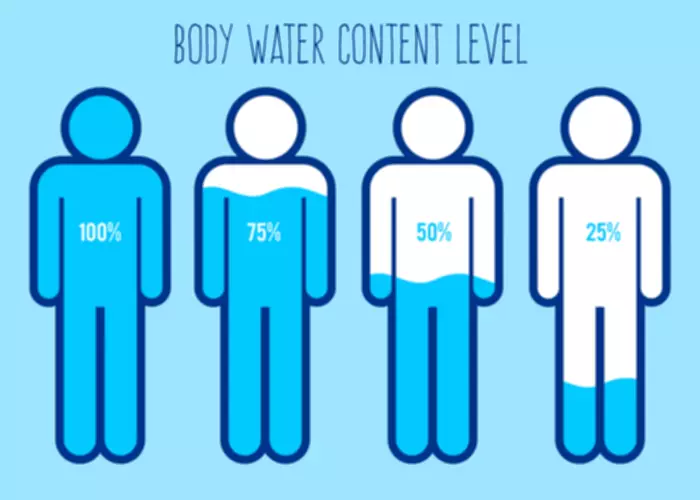Content
As understandable as it is to feel guilt and shame about your past sexual behaviors and the deception that went with it, you still have inherent worth. Although it’s unrealistic to expect it from your partner, you are worthy to be acknowledged and honored for the effort you’ve made to change your behavior and repair the damage done to your relationship. Making amends is a great intention that doesn’t always pay off with a positive experience. Some people may not be ready to accept your amends, forgive you, or move on. It can feel disappointing or frustrating to have your offer of reconciliation be rejected.
- What we do know is that they need to set those
boundaries and wait from a safe distance, to observe from a safe distance, to
see what that man is going to choose. - Whenever possible, those in recovery are encouraged to make direct amends face-to-face with those they’d harmed while living in addiction.
- I feel there is a readiness for that, despite what we are led to believe.
- For the same money, you could buy 4 books and use 3 as sponsee gifts.
What it does say is that making amends is part of a spiritual life,
and Twelve Step recovery makes spirituality the basis of recovery from
addiction. Thus, it is often advisable to consult
with someone experienced in this area before launching the attempt. For
instance, many people in Twelve Step recovery talk with their sponsor, who has
usually been through the process themselves, before making any significant
amends.
What does living amends mean?
When abusers have fully identified and addressed the abusive thinking that they have used to justify their behavior toward their partners and children, they can begin the process of living amends. There may be situations where the damage caused by your active addiction is irreparable. In these circumstances, you can make an indirect amend to rectify the wrong in the best way possible. Giving back to the community and helping others is a common way to make an indirect amend when you are in recovery. There is not one standard way to go about making amends and repairing a connection with someone. When you feel ready, take time to think about each person and the extent of the damage done.
Is there a difference between an apology and forgiveness?
Apology is the act of acknowledging one's fault and expressing remorse over it. Forgiveness is the acceptance of the apology and letting go of the resentment and anger towards the wrongdoer. This is the basic difference between apology and forgiveness.
It would be easy to think there is nothing more WYG can write about guilt and grief. We’ve written about how common guilt is in grief (you wouldn’t believe how many people get the https://ecosoberhouse.com/article/top-10-substance-abuse-group-activities/ “coulda woulda shouldas”). We wrote an article about the difference between guilt and regret. We talked about the complicated processes of self-forgiveness and self-compassion.
Mental Health Services
Family matters may be best addressed in a proper therapeutic setting when possible. When making 12-Step amends, we must do our best to set aside any exceptions from the other person. Remember, we are present to clean “our side of the street” or address our wrongs and roles to the best of our ability. The other person has every right to feel the way they do about a previous conflict. Anyone who says they don’t have any regrets is simply living an unconsidered life. Not only that, but by doing so they are denying themselves the obvious benefits of self-forgiveness.
Even though they have similarities, living amends are different than making amends. While making amends is apologizing, living amends means living a completely new, sober lifestyle, and being committed to that lifestyle for both yourself and those you’ve harmed in the past. It means that you’re not just using your words to show a change, your actions are proving this change as well. While there are variations in the definition of making
amends, the common thread throughout them is that to make amends is to try to
make right something you have made wrong. In many cases, this will require
going far beyond giving an apology, although that may be important.
Be generous with your time.
What you can control is how you’ll continue to make positive changes and live an authentic life free from substances. The 12-Step amends approach can be constructive for you and the other party. This is particularly true if you’ve been out of contact or have reason to question whether it is appropriate to make your desired amends. Someone liked enough by mere contact with you may be best served by no additional contact. The complexity of individual situations is why consulting with sponsors and professionals can assist greatly in your recovery process. We all have regrets and most of us know that those regrets, as excruciating as they can be, are the things that help us lead improved lives.

Instead, it requires consistency in how you show respect and care for this person on an ongoing basis. It can be tempting to say things like “I’m sorry for everything I’ve done to you,” but try to avoid these blanket statements. They miss the opportunity to be truly reflective about living amends how your wrongdoings have impacted the other person and can be misread. The other person may hear the same statement as exasperation with them or a minimizing of the ways you’ve hurt them. Instead, try to reference specific times when you hurt the other person and/or let them down.
